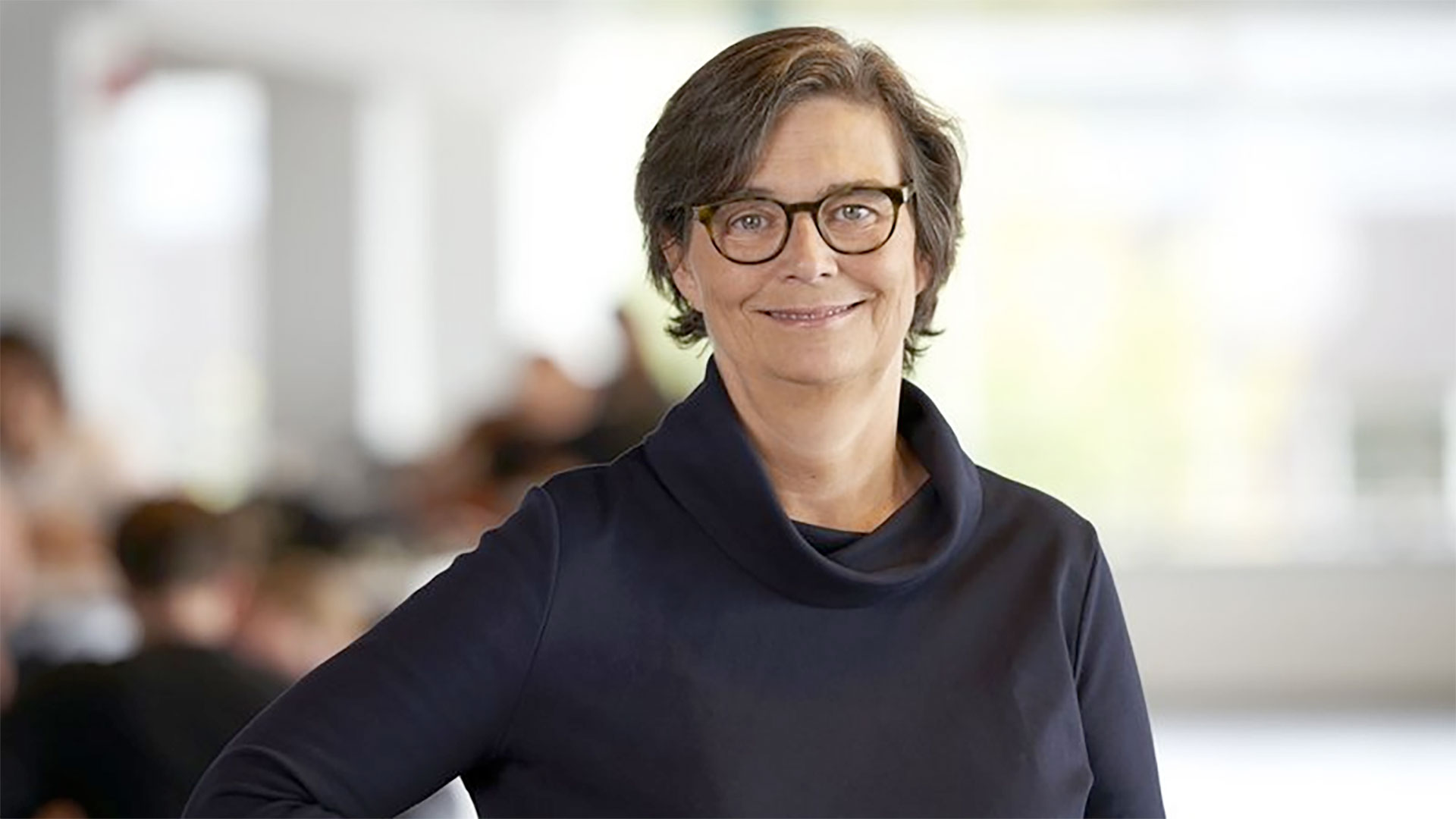4 October 2023
Susanne Bødker’s research in Human-Computer Interaction (HCI) has had a profound influence for decades on how we interact with technology in our daily lives and work. In September, she celebrated her 40th anniversary at Aarhus University.

Photo: Morten Koldby
IT solutions should be designed by humans for humans; digital tools should make a difference in everyday life and function like an extended arm, seamlessly integrated without us having to consciously think about it.
The research field of Human-Computer Interaction (HCI) plays a central role in the technology that surrounds us daily, and in the way the job market is evolving, ensuring that new IT solutions effectively support human use.
One of Denmark’s leading researchers in the HCI field is Susanne Bødker, a computer science professor at Aarhus University, honored multiple times for her research results in human-machine interaction.
Since the 1980s, this researcher from Aarhus has been involved in designing the digital everyday life and work of the Danes, ensuring that technology develops in a constructive way and critically addresses challenges and opportunities.
Currently, she is particularly focused on how hybrid work challenges companies and employees, and how it fundamentally alters the interaction and relationship between people in a workplace, for better or worse.
– Hybrid work is only becoming more prevalent, so we need to critically consider the possibilities and limitations of technology, as well as the way we organise and lead. When a workplace with several hundred employees, for example, decides that all activities should be hybrid going forward, it imposes new demands on personnel management. It changes the very nature of work and meetings when employees must always be able to participate remotely. This affects what can be shared, when and how – it essentially changes everything participants see, hear, and experience because on the screen, we are still only ‘flat people,’ says Susanne Bødker.
When advising organisations on how to adapt to being a modern hybrid workplace, this entails considering technology, physical environments, and the managerial aspects of hybrid work.
– Companies face vastly different challenges, and the technology must be integrated into the specific context. Are you a software company with employees all over the world, struggling with the issue that people are reluctant to move to Aarhus? Are you a bank looking to replace physical customer meetings with online ones? Do you simply want people to have the freedom to work from home and only physically come into the office a few days a week? In that case, it is necessary to organise differently so people come into the office on the same days. Every company needs to address its own reality and current challenges.
Her extensive research in user interfaces and user experiences has led to new methods and theories that have gained international attention. In 2017, she received an ERC Advanced Grant of over 2 million euros from the European Research Council for research in user interfaces for complex human use of computers and the research project “Common Interactive Objects.” The goal was to explore the possibility of building open and shareable platforms and communities based on the user’s – not the computer systems’ – terms.
Most recently, she is participating in the REWORK project, funded by the Digital Research Centre Denmark. REWORK is a multidisciplinary research project where researchers, various companies, and three recognised artists explore the future of the hybrid workplace particularly focusing on new technologies that support aspects such as human needs, relational and articulation work, as well as embodiment and presence.